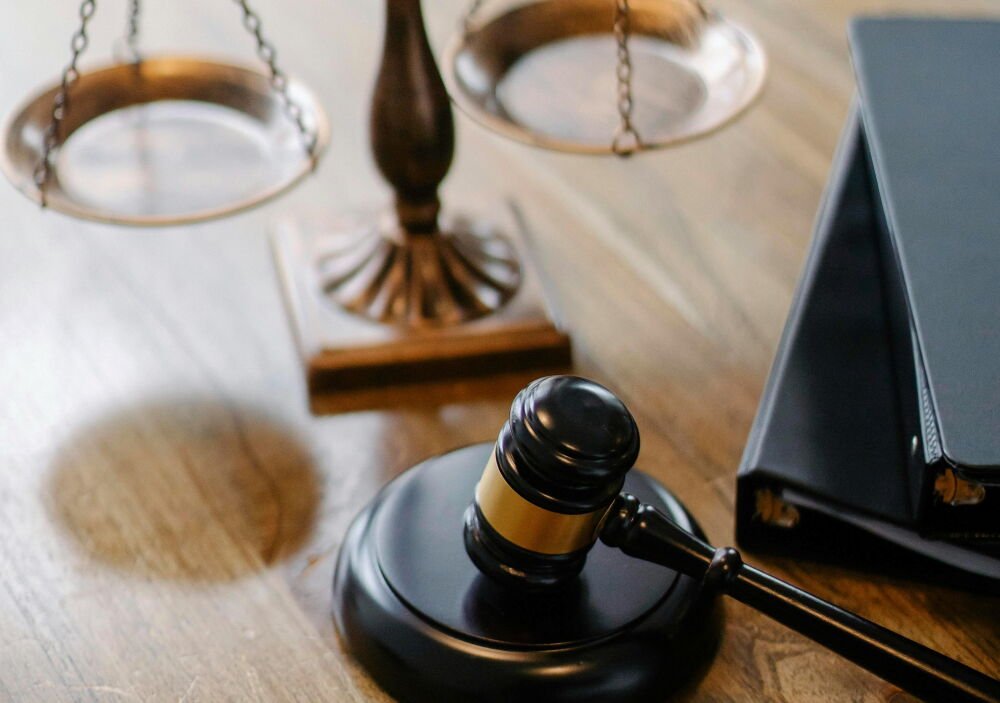⚖️ Statutory Overview
The Indiana Motor Vehicle Protection Act (IMVPA) provides a uniform statutory framework for aggrieved consumers whose vehicles exhibit persistent defects. Applicable to both new and used vehicles weighing less than 10,000 lbs, the IMVPA imposes a strict liability regime upon manufacturers once a prima facie showing of a “lemon” is established.
📋 Coverage & Qualifying Defects
-
Eligibility Window
- Time: Defect reported within 18 months of original delivery.
- Mileage: Defect reported under 18,000 miles.
-
Vehicle Types
- New or used cars, trucks, SUVs, and light commercial vehicles (< 10,000 lbs).
- Leased vehicles falling within the above thresholds.
-
Substantially Impairing Defects
- Any defect that “substantially impairs the use, value, or safety” of the vehicle.
- Includes, but is not limited to, drivetrain failures, brake system malfunctions, and HVAC defects.

🛠️ Repair Threshold & Timeline
To invoke statutory remedies, a claimant must satisfy either:
- Four (4) documented repair attempts for the identical defect; or
- Thirty (30) business days of cumulative out-of-service time.
All defects must be reported to the manufacturer or its authorized dealer within the 18 mo/18K mi window. Should the statutory presumption arise, the claimant may proceed to litigation under the IMVPA.
🕑 Statute of Limitations & Filing Requirements
- Lawsuit Deadline: Within two (2) years of the initial defect report.
- Jurisdiction: Superior or Circuit Court in the county where the vehicle was principally garaged or where purchase occurred.
Failure to file within this two-year window invokes the affirmative defense of laches and bars recovery.

💰 Remedies & Fee-Shifting
Upon a successful showing, the consumer may elect:
- Refund of the full purchase price, minus a “reasonable use” deduction calculated on a pro rata basis (mileage ÷ expected useful life).
- Replacement Vehicle of comparable make and model.
Additionally, the IMVPA mandates fee-shifting—the manufacturer bears all reasonable attorney’s fees and costs upon plaintiff’s recovery, eliminating financial barriers to litigation.
🔌 2025 EV-Specific Statutory Expansions
Recognizing the ascendancy of electric vehicles, revisions effective 2025 broaden coverage to include:
- Battery Capacity Retention: Failure to maintain ≥ 80% capacity within the eligibility window.
- Charging System Defects: Malfunctions in onboard chargers or DC fast-charge interfaces.
- Software/OTA Update Failures: Defects introduced or unremedied via over-the-air updates.
This amendment aligns the IMVPA with evolving automotive technologies, ensuring robust consumer protections.

🏛️ Leading Indiana Lemon Law Practitioners
| Firm | Focus | Fee Structure | Turnaround |
|---|---|---|---|
| Krohn & Moss, Ltd. | New & used, statewide coverage | No fee unless successful; all costs advanced | 30–90 days to settlement |
| Law Office of Robert E. Duff | New vehicle claims | Contingency fee; no win-no pay | 60 days average |
| Timothy Abeel & Associates | 24-month filing window | 0% upfront; full fee recovery from manufacturer | 30–45 days |
| H.C. Bradley LLC / Lemon Law Group Partners / Rich Dalton LLC | Free consultations statewide | Contingent fees; varying cost-advance policies | Varies by case micro-analysis |
🧭 Strategic Action Plan
- Document Repairs: Log each repair visit with date, nature of defect, and dealer repair order number.
- Quantify Downtime: Track cumulative “out-of-service” days via written correspondence or dealer logs.
- Timely Reporting: Provide formal written notice to manufacturer within 18 mo/18K mi.
- Engage Counsel Early: Leverage free evaluations to assess statutory eligibility and tactical posture.
- Litigation Readiness: Prepare expert affidavits (mechanical engineers, battery degradation specialists for EVs) to satisfy causation and impairment thresholds.

🔍 Conclusion
The Indiana Motor Vehicle Protection Act offers a powerful statutory mechanism for consumers beset by persistent vehicular defects. By adhering to the IMVPA’s precise reporting, repair, and filing requirements—and by engaging seasoned lemon-law counsel—claimants can secure full refunds or replacement vehicles, plus recovery of all attorney’s fees. With 2025’s EV-specific expansions, the Act now squarely addresses the intricacies of electric-drive technologies, reaffirming Indiana’s commitment to consumer protection in a rapidly evolving automotive landscape.







